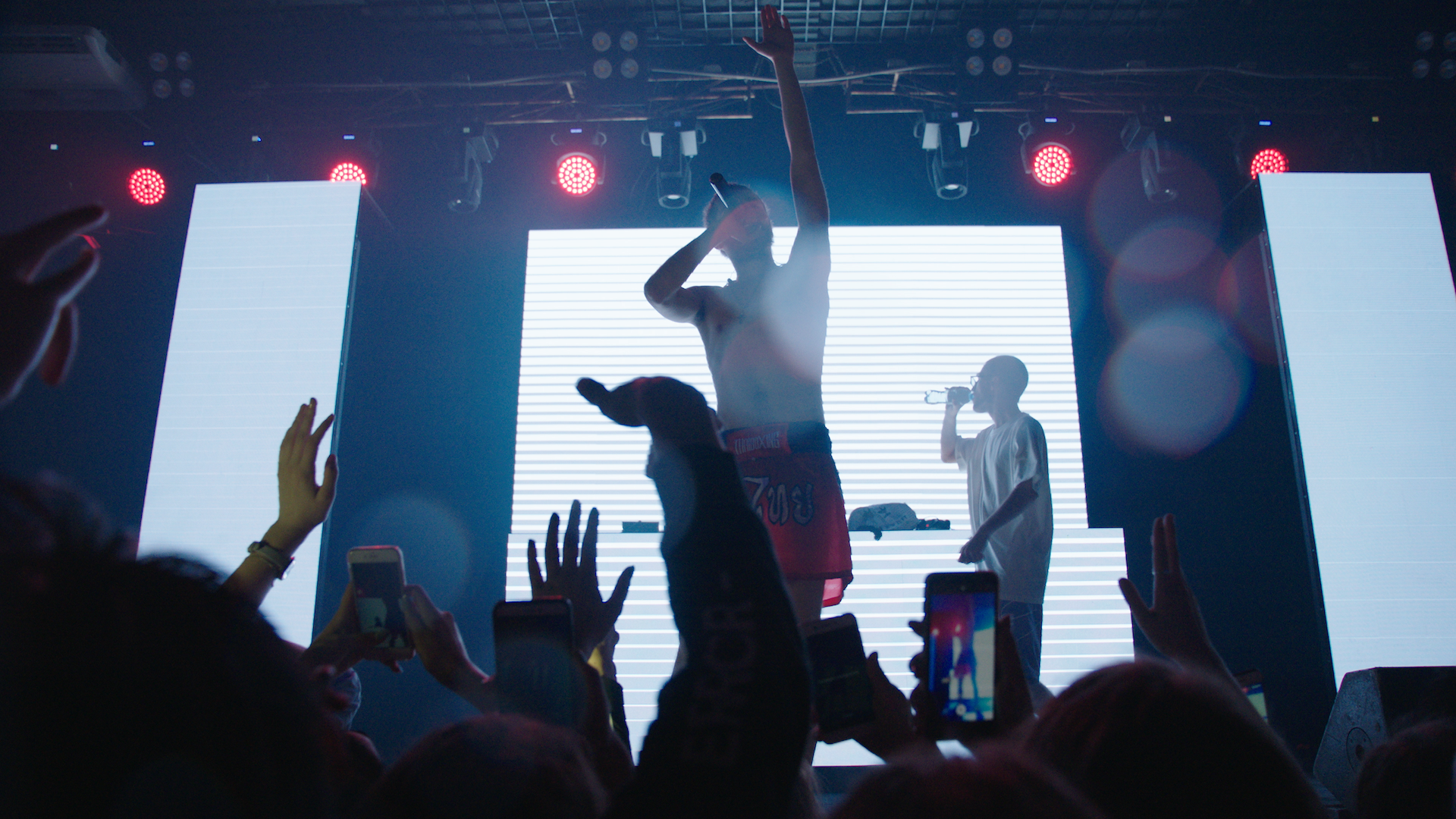Russia’s Crackdown On Hip-Hop Is Backfiring Spectacularly

Credit to Author: Eric Weinrib| Date: Mon, 04 Nov 2019 01:22:46 +0000
ULAN-UDE, Russia — In a country where nearly all Western music has historically been seen as an act of rebellion, the question isn’t how hip-hop became the soundtrack of discontent in Russia but, rather, how hip-hop got to Russia in the first place.
When the internet became widely available in Russia in the mid-90s, the first generation born after the fall of the Soviet Union began gathering at the homes of their one or two friends who had the internet so that, together, they could peer out that window into the rest of the world. And the sound that wafted in ignited a movement of not only hip-hop fans but also performers.
In the early days of Russian hip-hop, artists were mainly mimicking their U.S. counterparts, with lyrics about women and wealth. But as they settled into this new genre of music, they turned the mirror on their own country, highlighting the struggles of everyday Russians, offering a narrative that ran counter to the tightly controlled messaging put forth by the Kremlin.
Watch the full VICE Investigates report on Russia's Crackdown on Hip-Hop on Hulu
“The thing that bothers me is the lack of opportunity for young people here,” Husky, whose real name is Dmitry Kuznetsov, told VICE Investigates on Hulu in an interview in Ulan-Ude, his hardscrabble hometown in Siberia. “We have a lot of alcoholics here and some become drug addicts. I think that my childhood here has influenced my music in one way or another.”
The wave of suppression had the unintended consequence of making rebellious Russians even more interested in the music.
Many artists facing show cancellations found themselves with a growing fan base after the publicity thrust them into the spotlight. And as that spotlight grew brighter, the artists began to use their influence not just to distribute music to a wider audience, but also to take direct action.
The 22-year-old rapper Face, whose real name is Ivan Dryomin, became a fixture at street protests addressing everything from financial corruption to election meddling. “If the Soviet government didn’t succeed in stopping rock music, jazz music, regardless of all attempts, of course, no, they won’t be able to stop hip-hop,” he said.
And as free expression began to become the norm in Russia, even pop groups like Friendzone began addressing issues that impact the lives of their largely teenage audience. Friendzone sings about everything from drug use to gender issues to suicide — and they, too, found themselves in the crosshairs of the crackdown.
In late 2018, five of their shows were unexpectedly canceled, causing them to call off the rest of their tour. “At first we thought that they were going to arrest us. I don’t know why we had this feeling. It just ramped up very seriously,” said Friendzone lead singer, Maybe Baby.
Smoking gun evidence of who exactly was behind the cancellations has yet to surface, leaving artists wondering who is targeting them. Some point to the Kremlin and Putin, some point to overzealous local prosecutors and some point to vigilante groups working with police and outraged parents.
“This is Russia. There are a lot of hidden obstacles and that’s why it’s really impossible to get to the bottom of this. Who came and why they did what they did remains a riddle,” Husky said. “Our country is a kingdom of distorting mirrors. You will never find out the truth.”
While the future of Russian hip-hop remains to be seen, one thing has become clear: this new generation of Russian artists isn’t backing down without a fight.
Watch the full VICE Investigates report on Russia's Crackdown on Hip-Hop on Hulu
Cover: Russian rapper Husky performs in Ulan-Ude, his Siberian hometown. (Photo: VICE News/Mikhail Galustov)
This article originally appeared on VICE US.